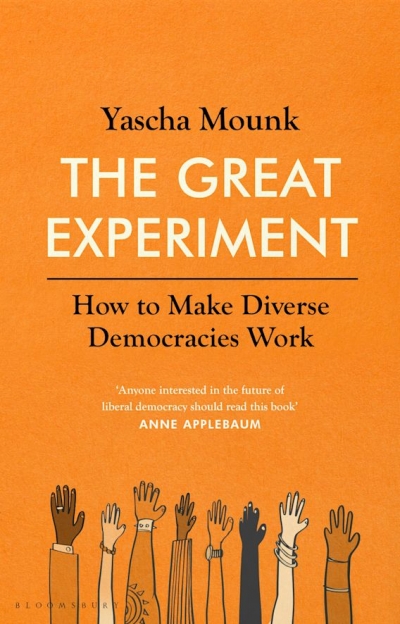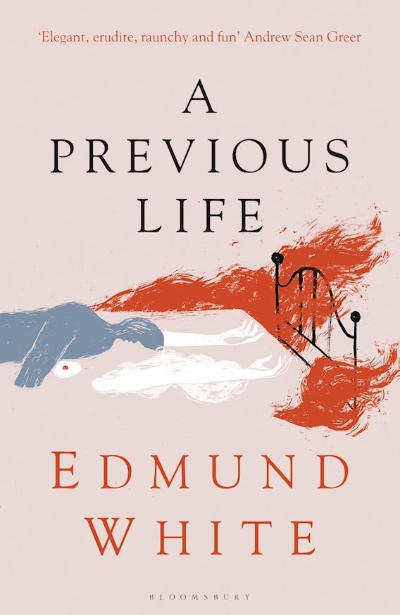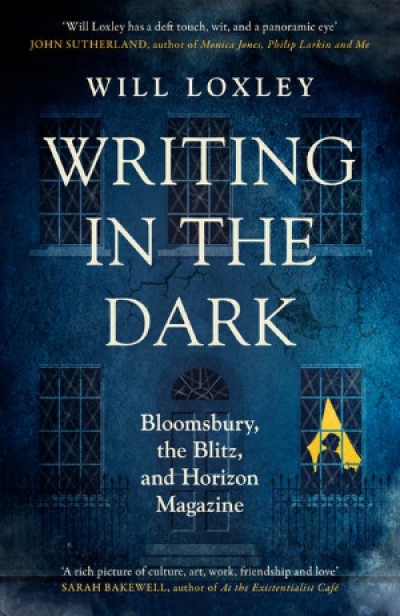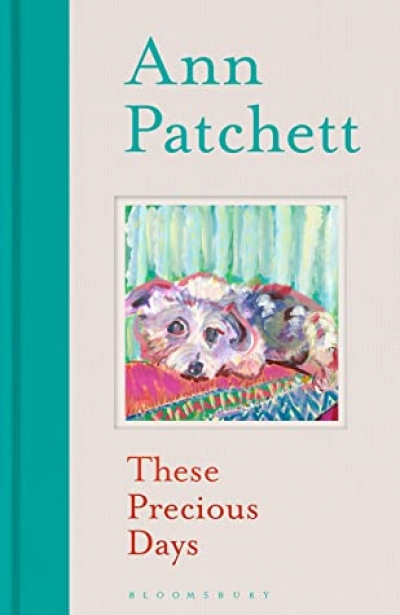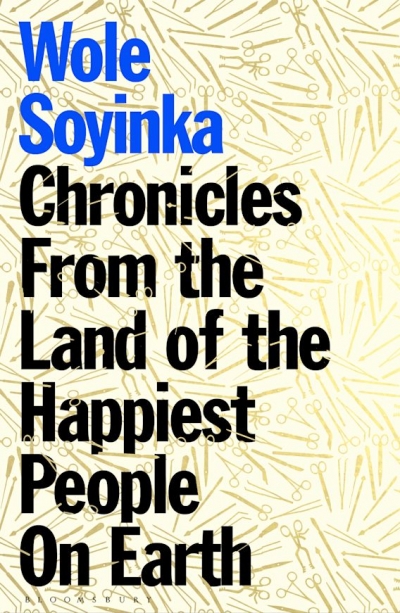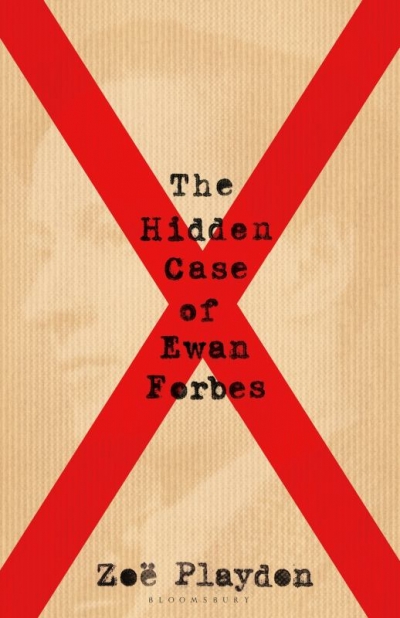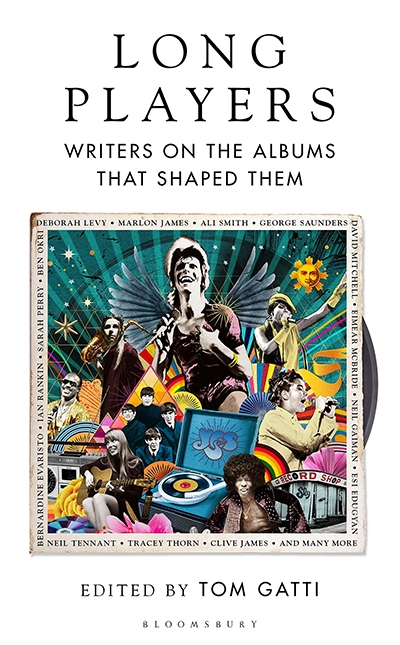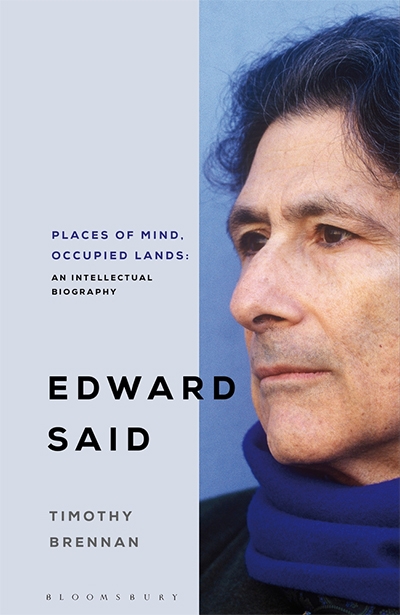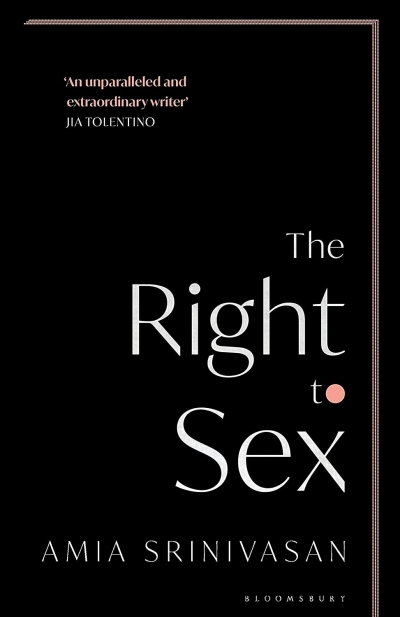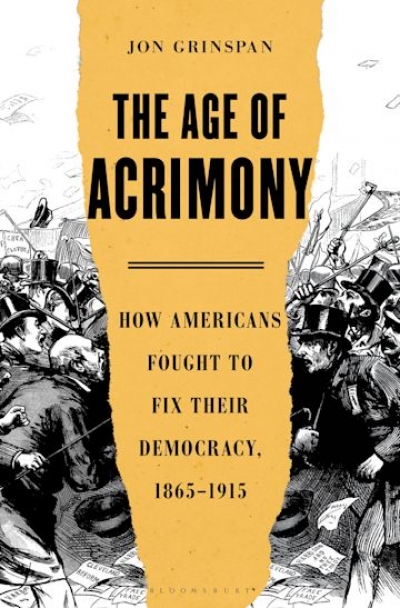Bloomsbury
The Great Experiment: How to make diverse democracies work by Yascha Mounk
by Ben Wellings •
Writing in the Dark: Bloomsbury, the Blitz and Horizon Magazine by Will Loxley
by Paul Kildea •
Chronicles from the Land of the Happiest People on Earth by Wole Soyinka
by Marc Mierowsky •
Long Players: Writers on the albums that shaped them edited by Tom Gatti
by Andrew Ford •

